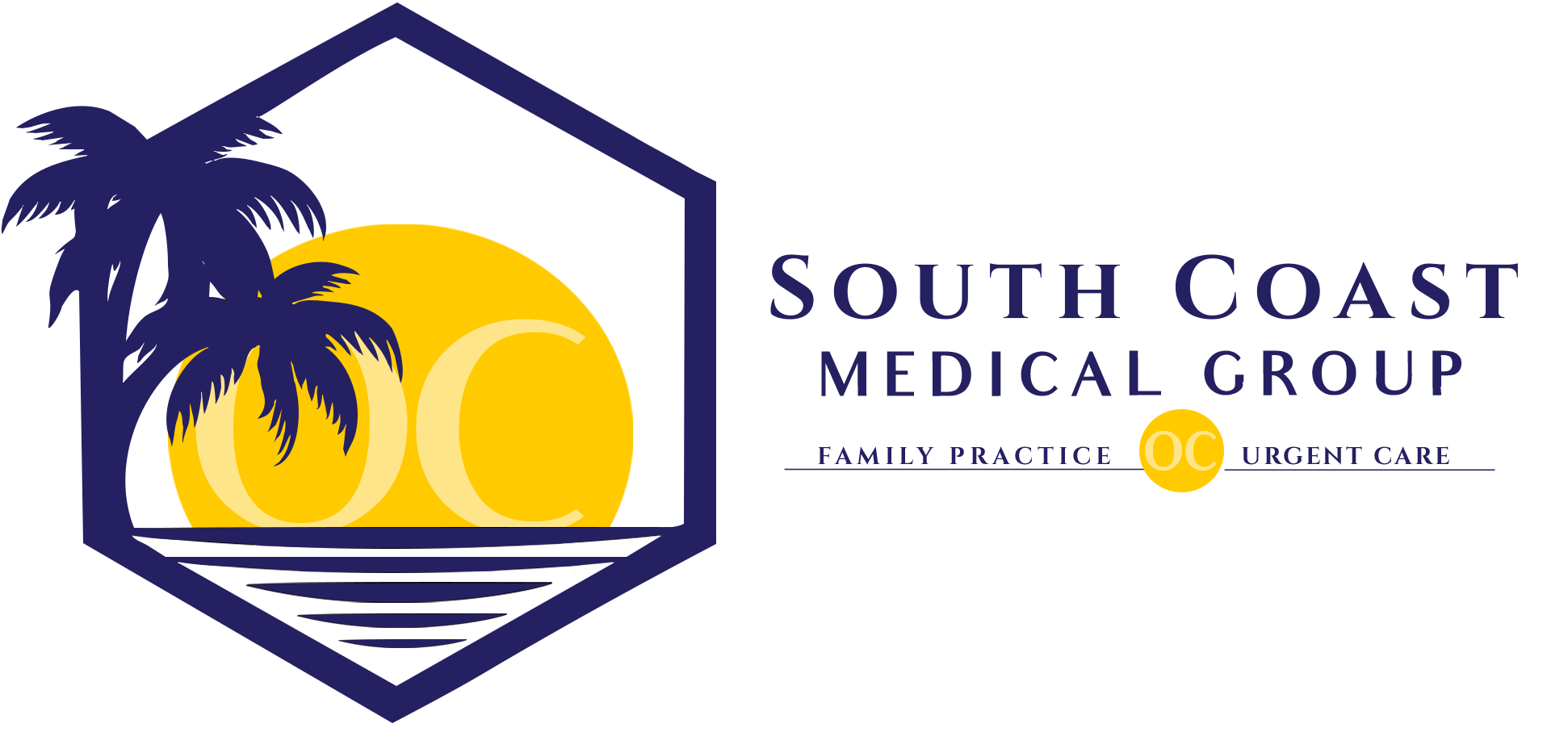Mononucleosis What is Mono?
Mono, or infectious Mononucleosis, is an illness caused by the Epstein Barr Virus (EBV). It varies in severity from a mild illness with barely noticeable symptoms to a more serious one, which occasionally requires hospital admission. It occurs most commonly in adolescents and young adults. Transmission is mainly through intimate contact and exchange of saliva, which is why it is sometimes called the “kissing disease.” However it is not highly contagious.
What are the symptoms?
There is usually an incubation period (when the virus is in the body but there are no symptoms) of about 30-50 days. Typically, a person with mono then starts to feel fatigued, develops sore throat, swollen neck glands, and a low grad fever. Occasionally mild jaundice occurs (yellow discoloration of the skin and whites of the eyes) caused by inflammation of the liver.
How is Mono diagnosed?
If mono is suspected, a definitive diagnosis can be made by means of blood test called a ‘Monospot.’ The blood test may not be positive during the early stages of infection, and may need to be repeated. A complete blood count is usually done as well to look for the presence of atypical white blood cells.
Are there any complications of mono?
Mono usually gets better over a period of 2-3 weeks; however, there may be some residual fatigue. The most serious complication is rupture of the spleen located in the upper abdomen on the left, but this is extremely rarely. The risk of rupture is highest with a blow or sudden jarring or straining (e.g. weight lifting) injury. If the spleen were to rupture, there would be severe abdominal pain, often followed quickly by dizziness and fainting. To minimize the risk, strenuous activity and contact sports should be avoided 3-4 weeks after diagnosis.
How is mono treated?
Mono gets better without specific treatment, but several prescription and non-prescription medications can be used to help alleviate the symptoms while the infection runs its course. Pain relievers such as, Tylenol or Advil help ease throat pain and fever, and a short course of Prednisoe (a type of anti-inflammatory steroid) might be prescribed to bring down swelling in throat and glands. Antibiotics are not useful for mono. Adequate fluid intake and rest are important aids to recovery. Alcohol consumption and strenuous activity should be avoided for 3-4 weeks after becoming sick with mono.
Are relapses common?
No. It is extremely rare to get mono more than once. Tiredness may sometimes recur in the recovery period, but this will gradually diminish.



